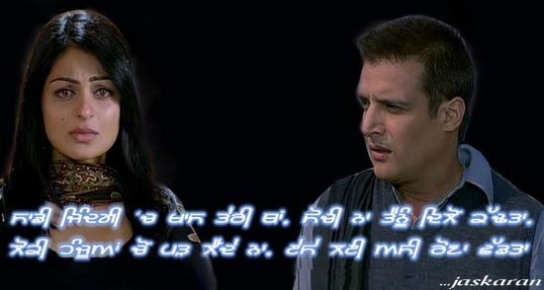

Rana's grave at Karim Block cemetery, Lahore As a guest actor he was seen in films Sangdil (1968), Do Rangeeley (1972), Noukar Wohti Da (1974), Ajj Di Gall (1975), Khushia (1973) and Dostana (1982).

He was a lead actor in film Shahi Faqeer (1970) and a side-hero in films Do Mutiaran (1968) and Yaar Badshah (1971). Masood Rana also appeared as an actor in a few films but he was not successful in this field. Rana was considered to be the most successful singer after Ahmed Rushdi. He sang in more than 550 films and he worked continuously from his first film in 1962 until his death in 1995. Along with Ahmed Rushdi, Masood Rana is still one of the two male singers in Pakistani films who sang more than 300 songs in each of the two languages - Urdu and Punjabi. He then became the most dominating male singer in both Urdu and Punjabi films when his six songs in film Hamarahi (1966) became mega- hits. In 1964, the Punjabi song Tange Wala Khair Mangda in the film Daachi (1964) was a popular street song composed by veteran music director Ghulam Ahmed Chishti. He specialized in singing difficult songs in very high-pitched voice and was the first choice for music directors for film title and theme songs. Later he changed his mind and developed his own style of singing. Masood Rana initially tried to live up to this reputation and used to copy the famous Indian singer.

He was initially introduced as "Pakistani Rafi" in the Pakistani film circles due to his vocal singing being similar to that of famous Indian singer Mohammed Rafi. But he gained more popularity from his second film Banjaran (1962) which was composed by music director Deebo Bhattacharya. His first film song was in the film Inqalab (1962) and the song was Mashriq ki tareek faza mein naya savera phoota hay composed by music director N. Masood Rana got his first breakthrough when the noted Pakistani film actor Saqi introduced him to producer and director Iqbal Shehzad and the film composer Deebo Bhattacharya. He started his singing career on Radio Pakistan, Hyderabad, Sindh in 1955 and later helped establish a singing group in Karachi in the early 1960s with the Pakistani film actor Nadeem Baig and a fellow singer Akhlaq Ahmed. He was born in a Rajput land-owning family which had migrated from the East Punjab city of Jalandhar. Masood Rana was born in Mirpur Khas, Sindh, then British India, on 6 August 1941.


 0 kommentar(er)
0 kommentar(er)
